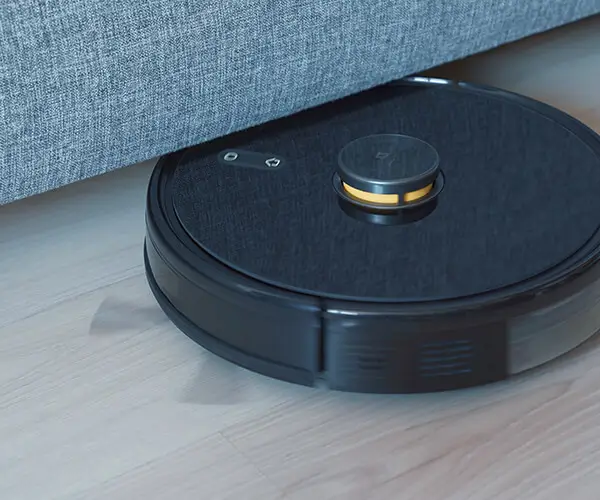Imagine a world where your applications can scale seamlessly—no more waiting for servers to catch up or patching together clunky systems. That’s where Python based on microservices shines. Think of it as the secret sauce for modern software, slicing big, unwieldy monoliths into tiny, manageable bits that talk to each other smoothly. It’s like turning a massive, confusing jigsaw puzzle into a set of perfect-fit tiles you can swap out, tweak, or upgrade without messing up the entire picture.

Why does that matter? Well, businesses crave agility. When a new feature pops up or a bug needs squashing, deploying small, independent services speeds up everything. No more waiting days for a big overhaul—just deploy a microservice here, patch a component there, and suddenly your platform feels fresh, responsive, and resilient. Python, renowned for its simplicity and extensive library ecosystem, makes this process even smoother.
Some might wonder, how does Python even fit into microservices? It’s all about adaptability. Python’s lightweight framework lets developers spin up services fast, without the bloat. Whether it’s a REST API, a data-processing pipeline, or a quick automation task, Python handles it with ease. It’s like having a Swiss Army knife—compact, versatile, and always handy when your project calls for agility.
Can this approach really save costs? Absolutely. By splitting a monolithic system, you can optimize resource use, avoiding crashes or slowdowns during peak times. Plus, smaller services mean less code to maintain—think of it as tidy closets versus cluttered attics. Maintenance becomes straightforward, and troubleshooting is no longer a nightmare. With microservices, you gain the ability to update, scale, and innovate without disrupting everything.
Sometimes, a question might pop up: isn't this more complicated? Well, yes, initial setup demands some planning. But once in motion, the benefits outweigh the hassle. The modular nature allows teams to focus on specific components, fostering faster development cycles. In fact, many successful companies have adopted this pattern and never looked back—they swear by its efficiency and flexibility.
What about future-proofing? Since microservices are inherently adaptable, they support continuous integration and delivery. That means your project evolves naturally, keeping pace with tech trends without a major overhaul. The combination of Python's quick development cycle and microservices' modular architecture creates a powerhouse for innovation.
So, if you're tired of sluggish systems and want robust, scalable applications, embracing Python-based microservices might just be the game-changer. It’s about creating a future-ready architecture—building blocks that are easy to swap, upgrade, and expand. It's not just a tech trend; it's a smart strategy for staying ahead in a competitive landscape. Don’t just keep up—set the pace.
Established in 2005, Kpower has been dedicated to a professional compact motion unit manufacturer, headquartered in Dongguan, Guangdong Province, China. Leveraging innovations in modular drive technology, Kpower integrates high-performance motors, precision reducers, and multi-protocol control systems to provide efficient and customized smart drive system solutions. Kpower has delivered professional drive system solutions to over 500 enterprise clients globally with products covering various fields such as Smart Home Systems, Automatic Electronics, Robotics, Precision Agriculture, Drones, and Industrial Automation.




































